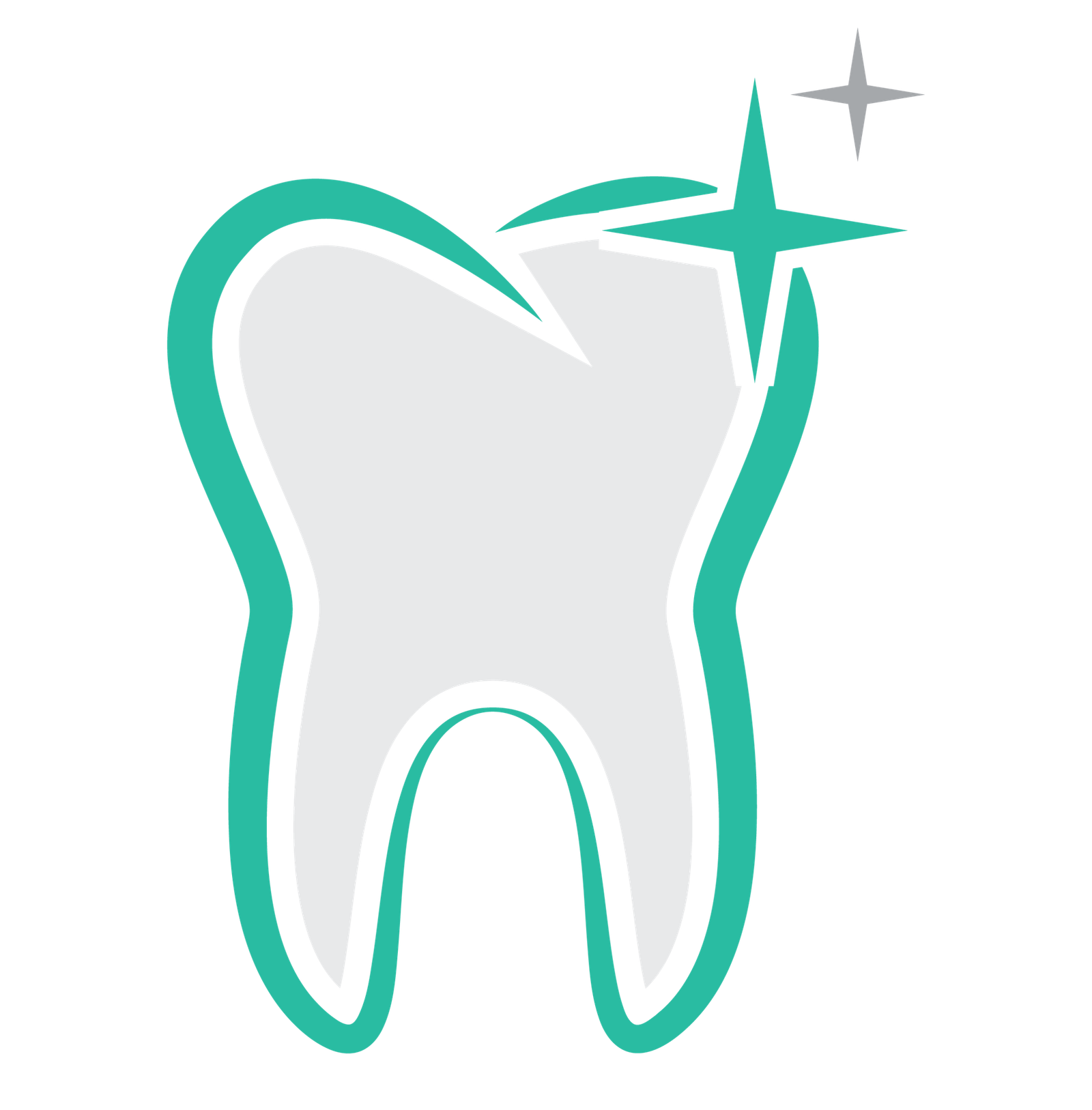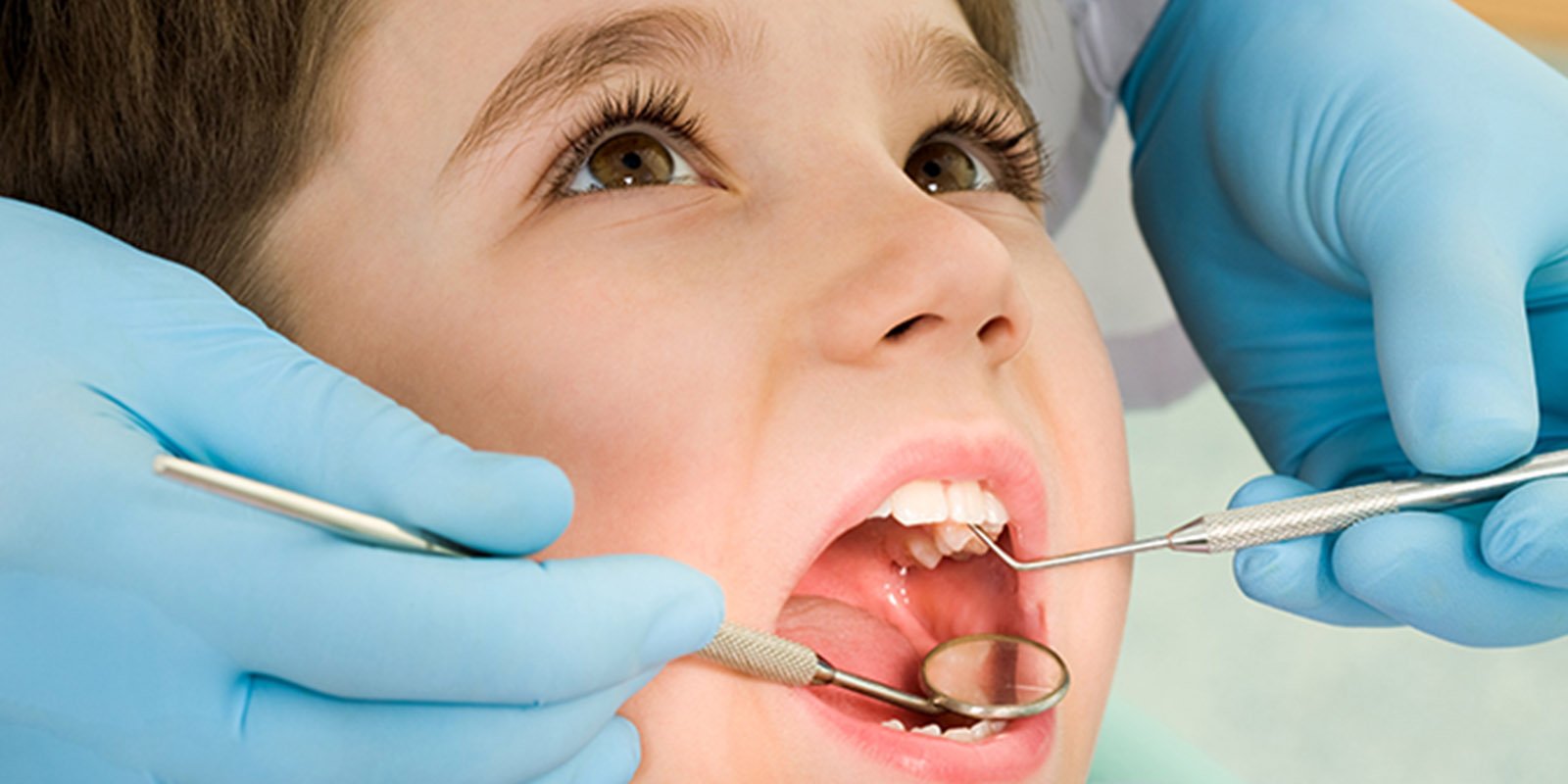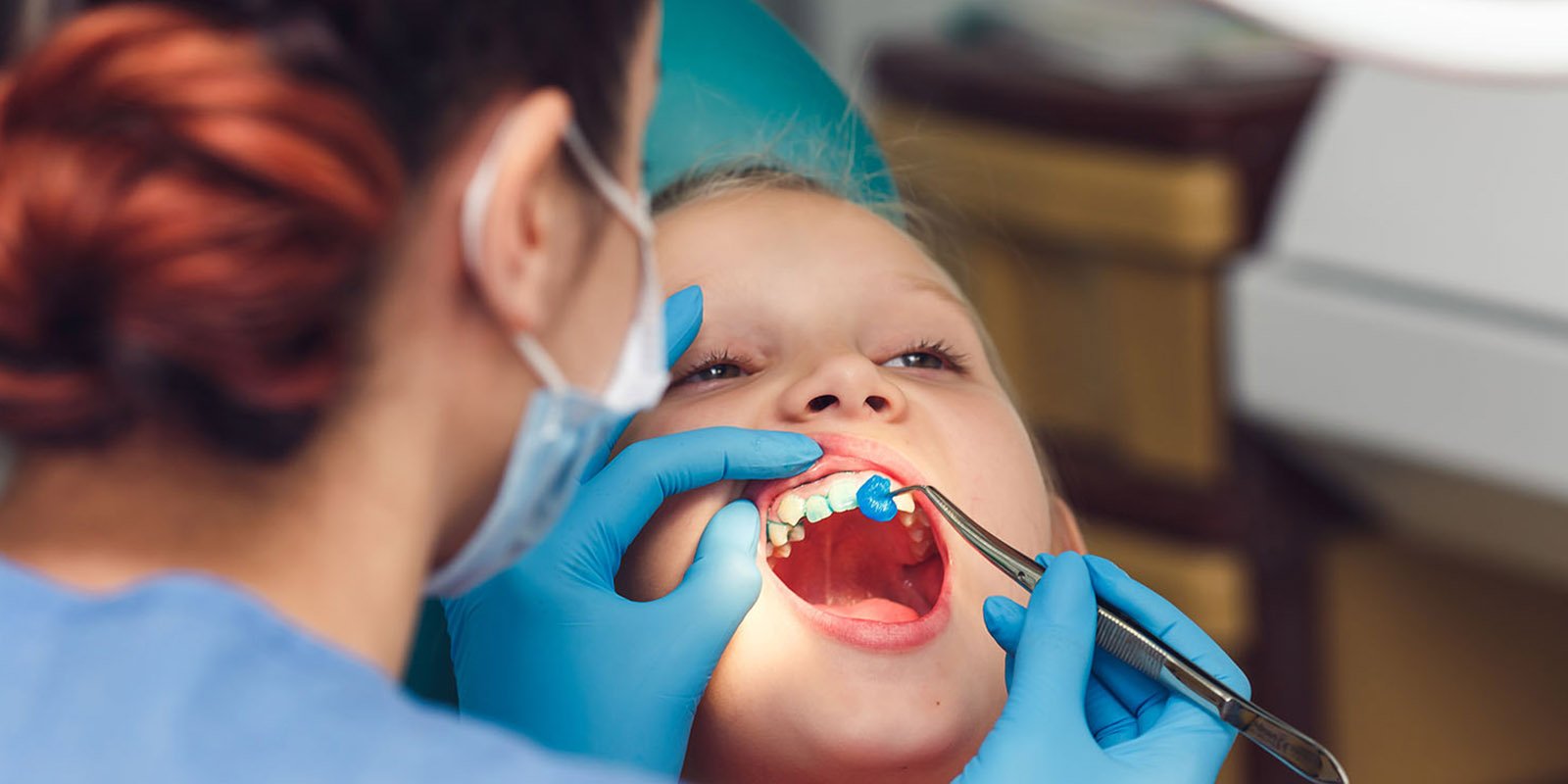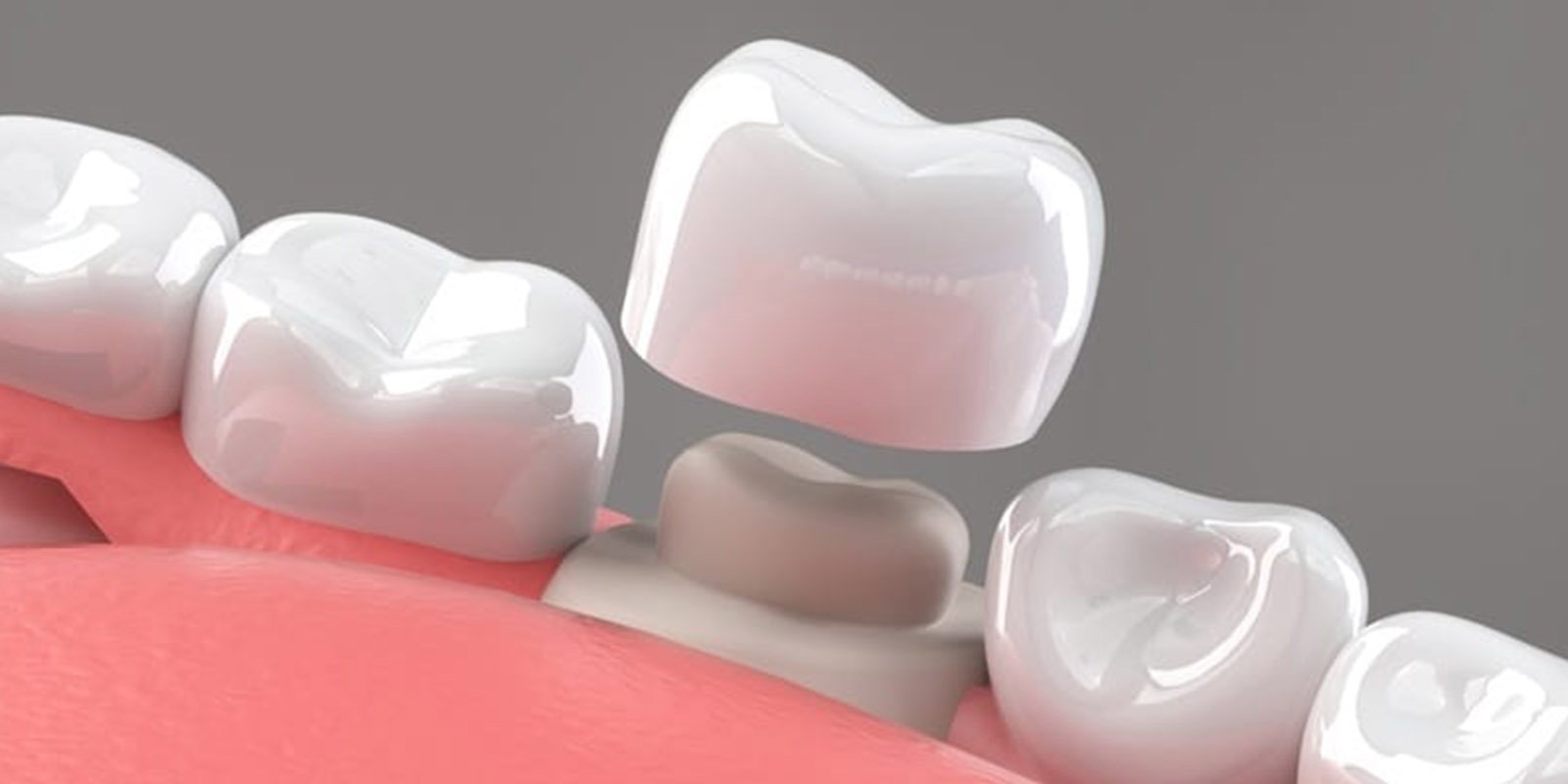Dental problems in children
Pediatric dentistry is a branch of dentistry that deals with children from birth till adolescence. Pediatric dental care is important to ensure the good oral health of children and prevention from cavities, decay, gum diseases, and other dental conditions.
Young children are more susceptible to dental infections because of their tender age and inadequate knowledge about dental health and hygiene. Therefore it becomes more important for the parents to be vigilant about their eating habits, check for early symptoms, and visit the dentist for regular checkups to avoid dental health complications.
Dental health problems in young children
Oral thrush in children
Oral thrush is a fungal infection that appears as white-creamy patches affecting the soft tissues in the mouth. Oral thrush is one of the most common infections diagnosed in young children and it can be treated by antifungal medications.
Tooth decay
Tooth decay is caused by the accumulation of bacterial plaque and decaying material on the teeth. Regular brushing and flossing help to prevent cavities and decay. However, young children are not competent at brushing and flushing, this can create space for bacteria and plaque to accumulate. In addition to this, a high sugary diet can also result in the formation of cavities within the tooth.
Parents should supervise and assist their children thoroughly to teach them the right techniques to practice dental hygiene and ensure prevention from decay or cavities.
Mouth ulcers
Mouth ulcers are sores that appear on the inner lining of the cheek, gums, or lips. They are painful and can hurt especially when the children eat something hot or spicy. They occur due to a variety of reasons such as injury, accident biting of the cheek, certain medications, bacterial, viral, or fungal infections, and indigestion. If a mouth ulcer is persistent and does not heal over some time, then can be an indication of oral cancer and it needs to be examined by the dentist.
Tooth sensitivity
Tooth sensitivity is a painful and uncomfortable sensation experienced when you eat something hot or cold. Tooth sensitivity in children can occur due to poor brushing habits, bad oral health, decay and cavities, and the development of permanent teeth.
The only way to prevent this condition is to practice proper oral hygiene, thus preventing further complications.
Pediatric gum disease
Gum disease characterized by swollen gums, receding gum line, and bleeding can also occur in young children. It is quite common in pediatric dental patients. The attack of bacterial plaque causes inflammation of gums thus leading to gingivitis. If gingivitis is not treated on time or left untreated, it can lead to periodontal disease which affects the soft gum tissues that hold the teeth in place.
Gum disease is common in children that do not follow good oral hygiene. It can be avoided by regularly brushing and flossing the teeth to prevent bacterial growth in the mouth.
Oral herpes in children
Oral herpes or cold sores are small blisters that appear around the mouth and nose. They are caused by HSV-1 (herpes simplex virus-1). Oral herpes is highly contagious. It can spread through saliva, skin contact, or by an object touched by an infected person. Most people do not experience any symptoms until their first outbreak. The common symptoms of oral herpes are fever, sore throat, swelling, blisters around the mouth, pain, and tiredness.
Orthodontic problems in children
It is rare to see children with properly aligned straight teeth. This results in orthodontic problems that occur while the development of permanent teeth. It is important to understand that orthodontic problems are more than just a crooked or asymmetrical smile and can result in serious dental issues. Heavily crowded and misaligned teeth can cause jaw problems, crooked teeth, and dental hygiene issues.
Preventing dental health problems in children
Most dental problems can be prevented if one follows proper oral hygiene and take regular dental visits. Here are some practices to prevent dental health problems in young children.
- Parents should supervise and teach the children to brush properly with fluoride toothpaste as fluoride provides extra protection against bacteria.
- Make sure that the children use a soft-bristled brush and floss regularly to remove unwanted bacteria and plaque.
- Take out extra time to ensure that the children are practicing oral hygiene.
- Parents must look for early signs and symptoms of any infection and abnormal growth in the mouth of the children.
- It is important to keep a check on the eating habits of the children. High sugar intake can cause cavities and harm the teeth.
- Include a healthy balanced diet for the children.
- Visit the dentist for routine checkups once after every 6 months or as prescribed by the dentist to detect any dental problem on time and look for early signs and symptoms of future complications.





